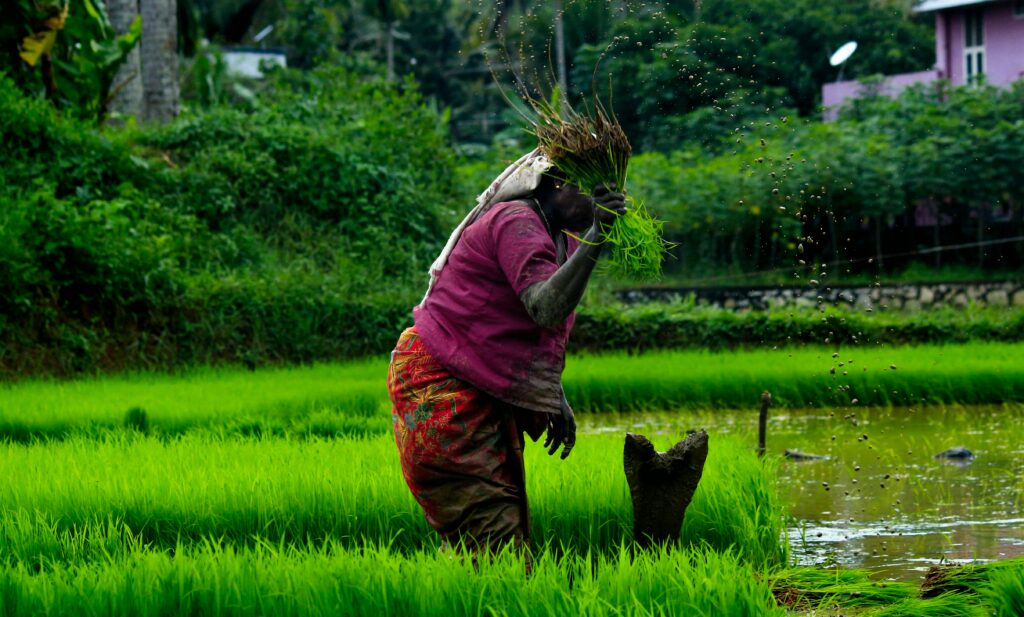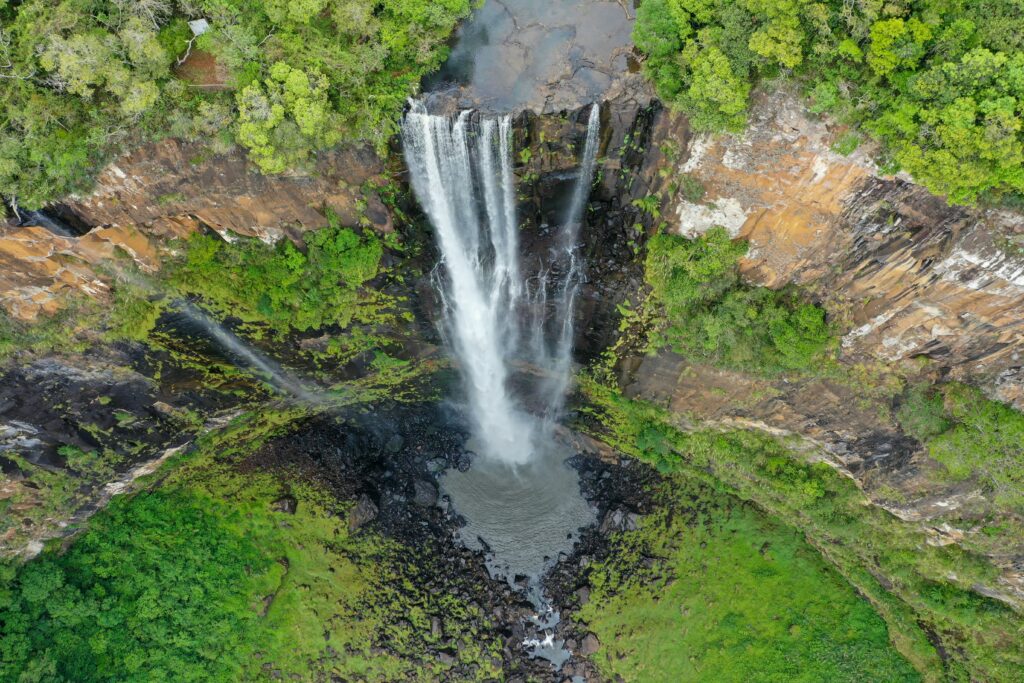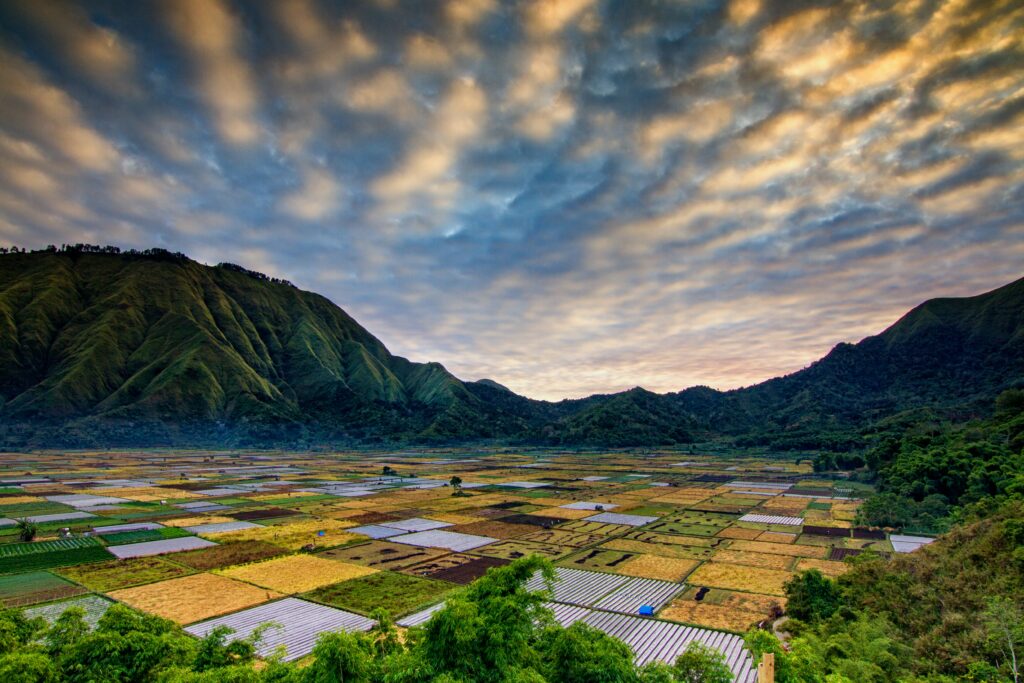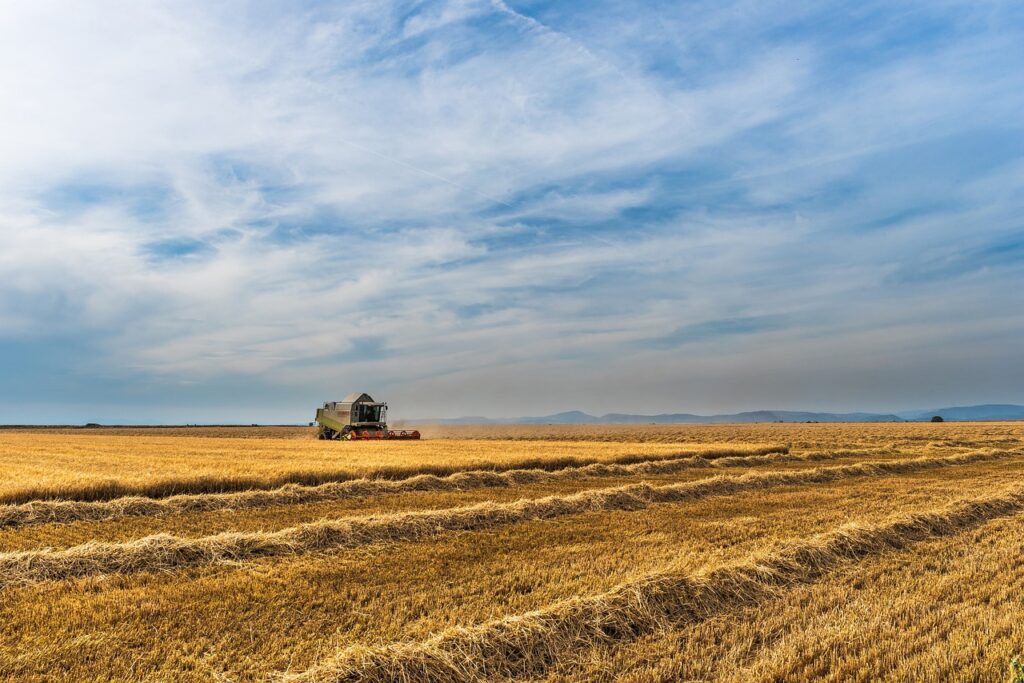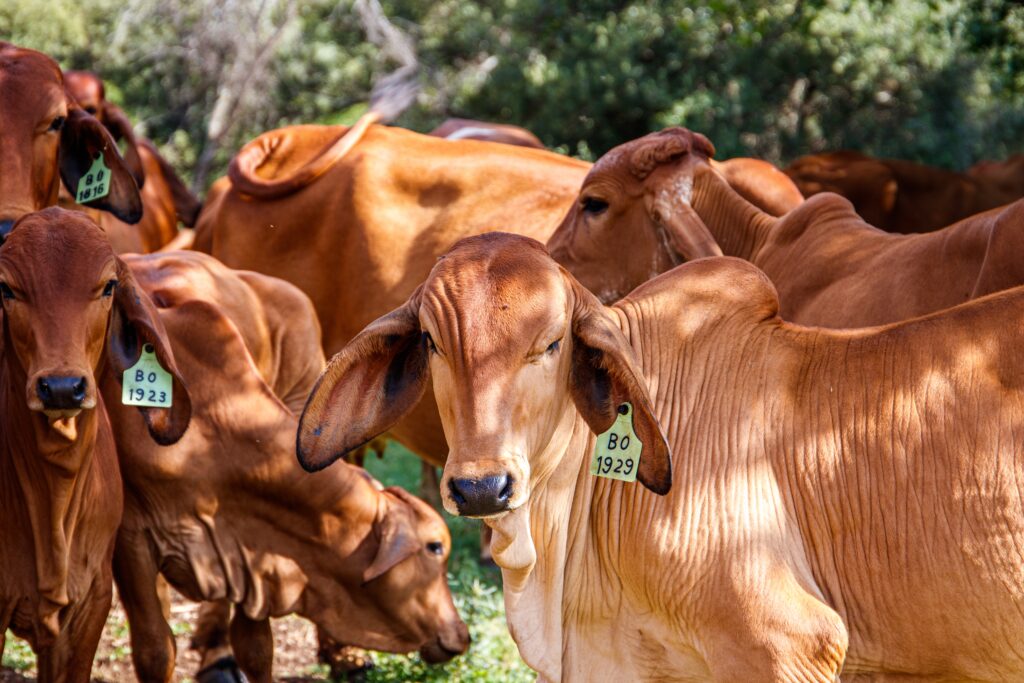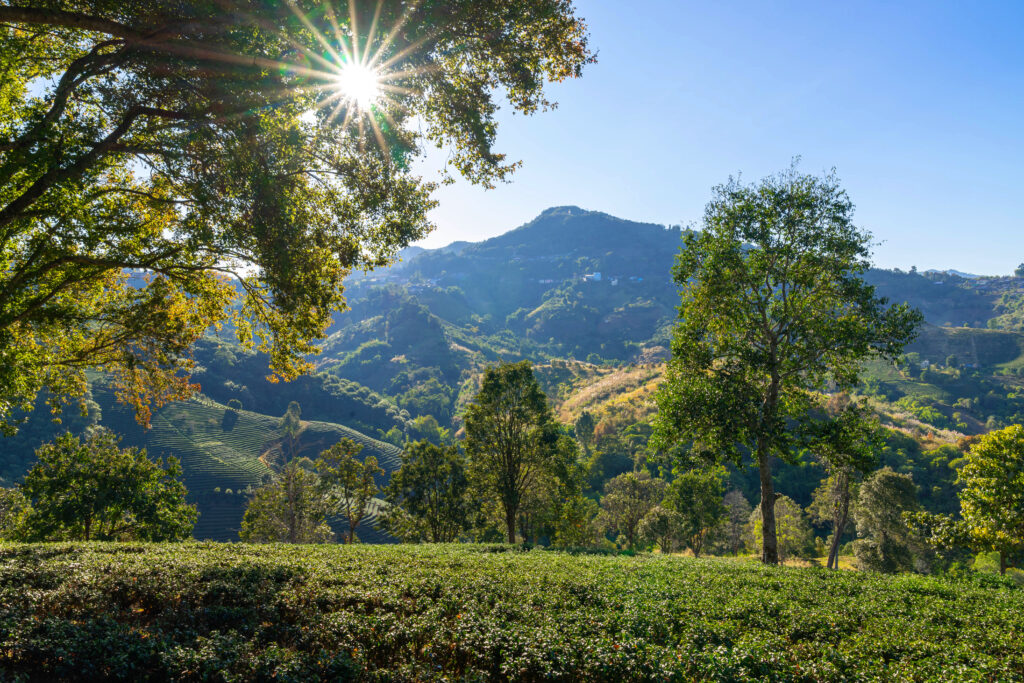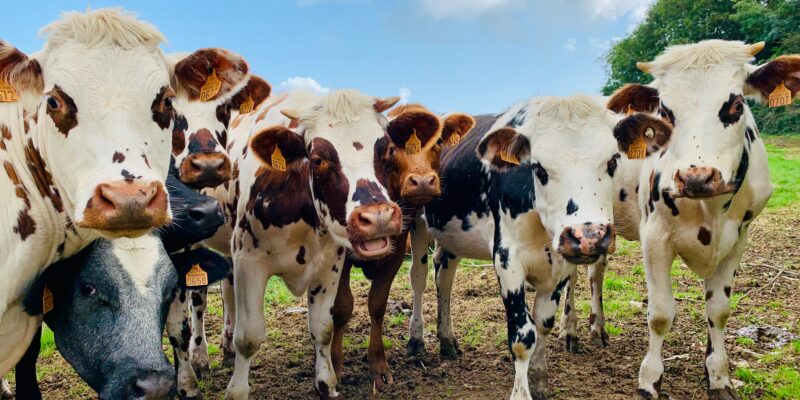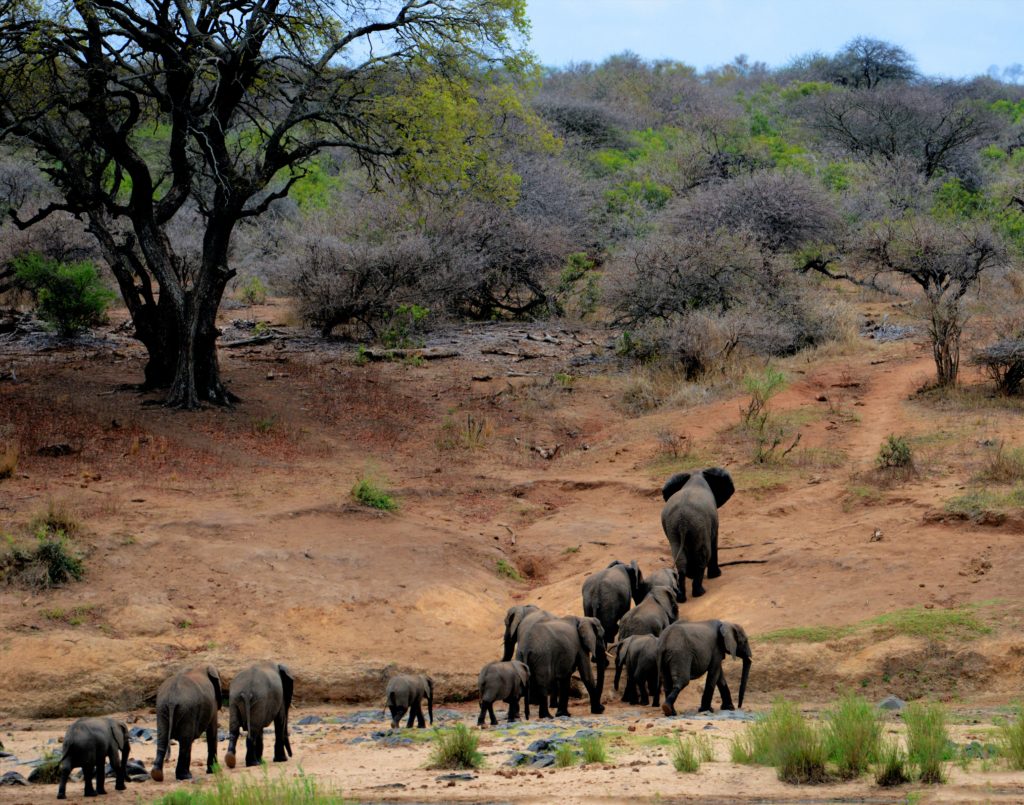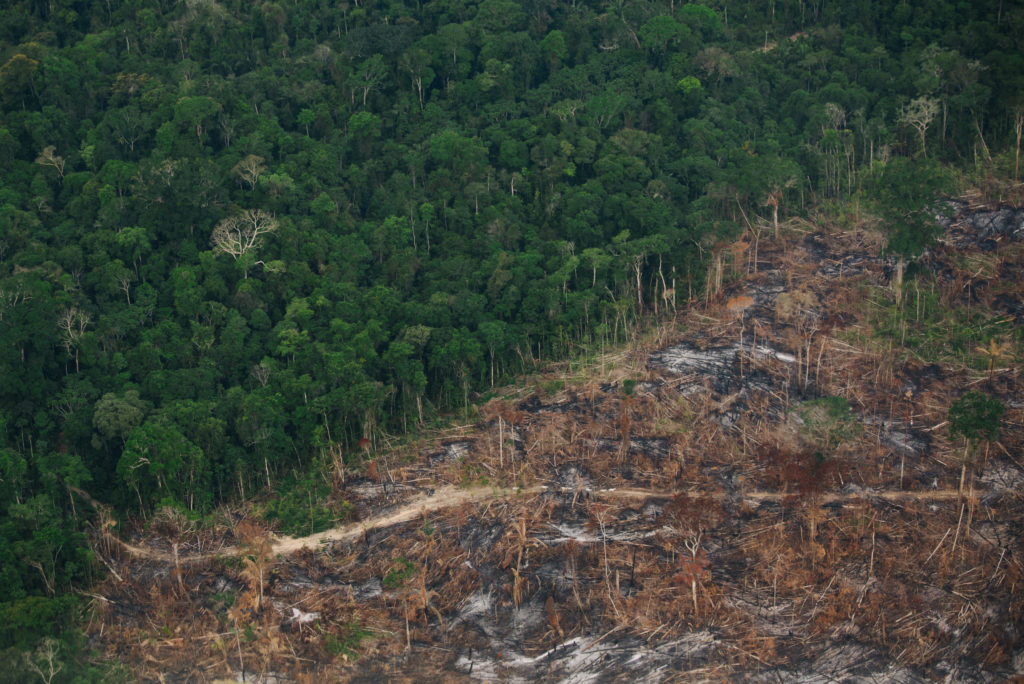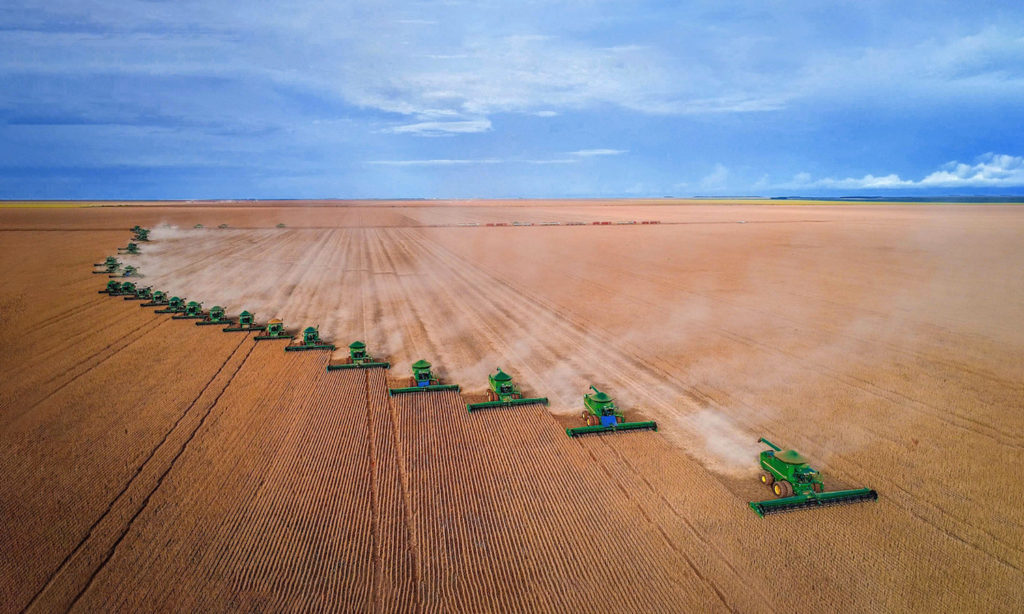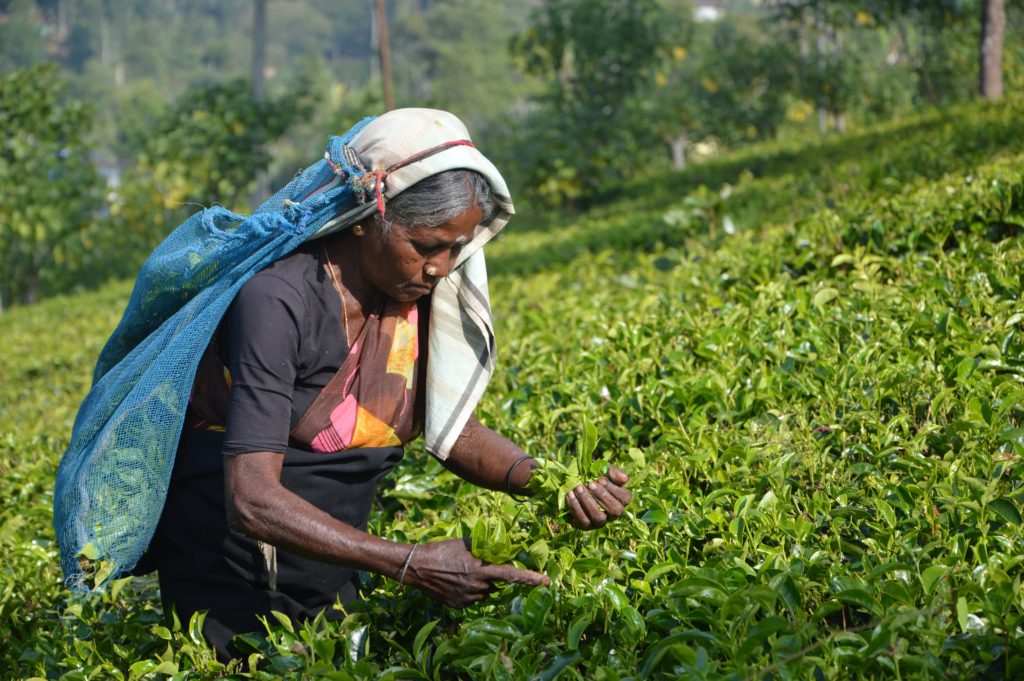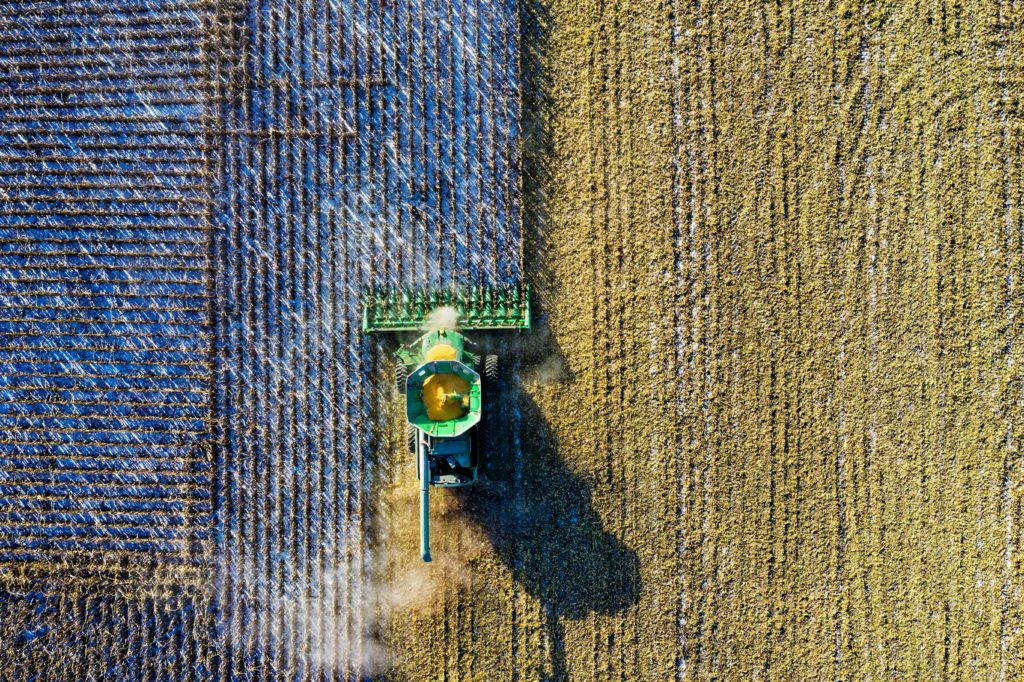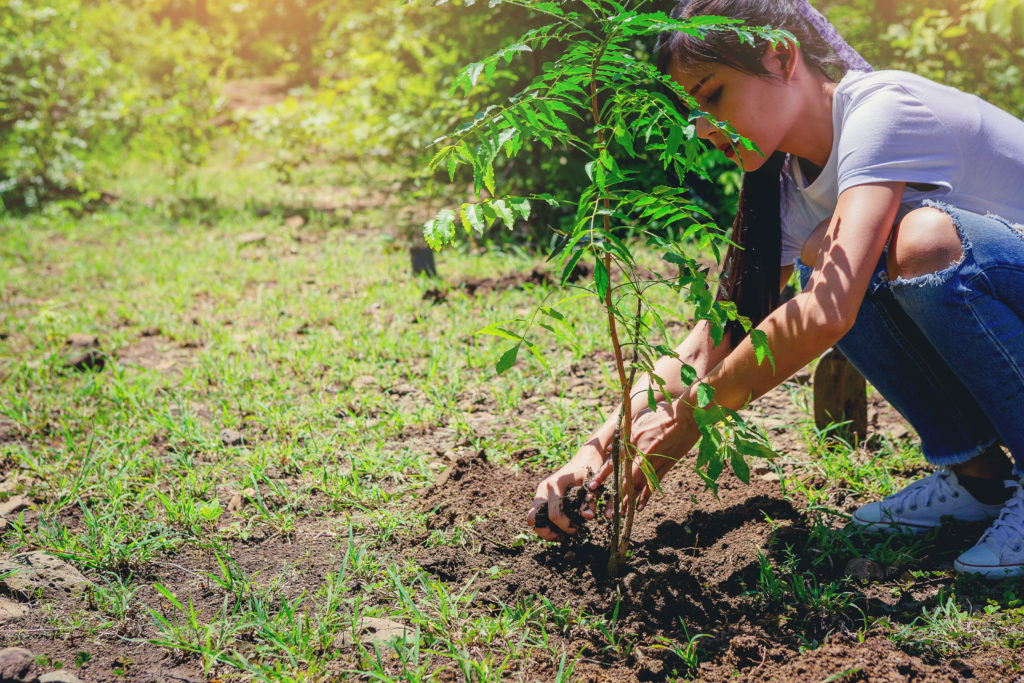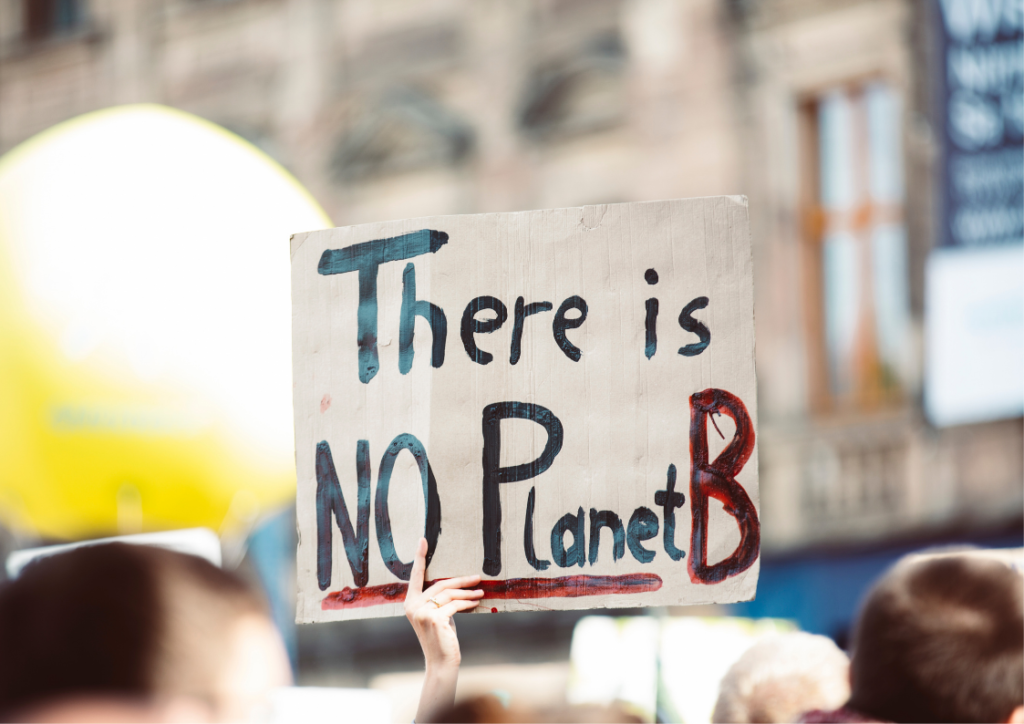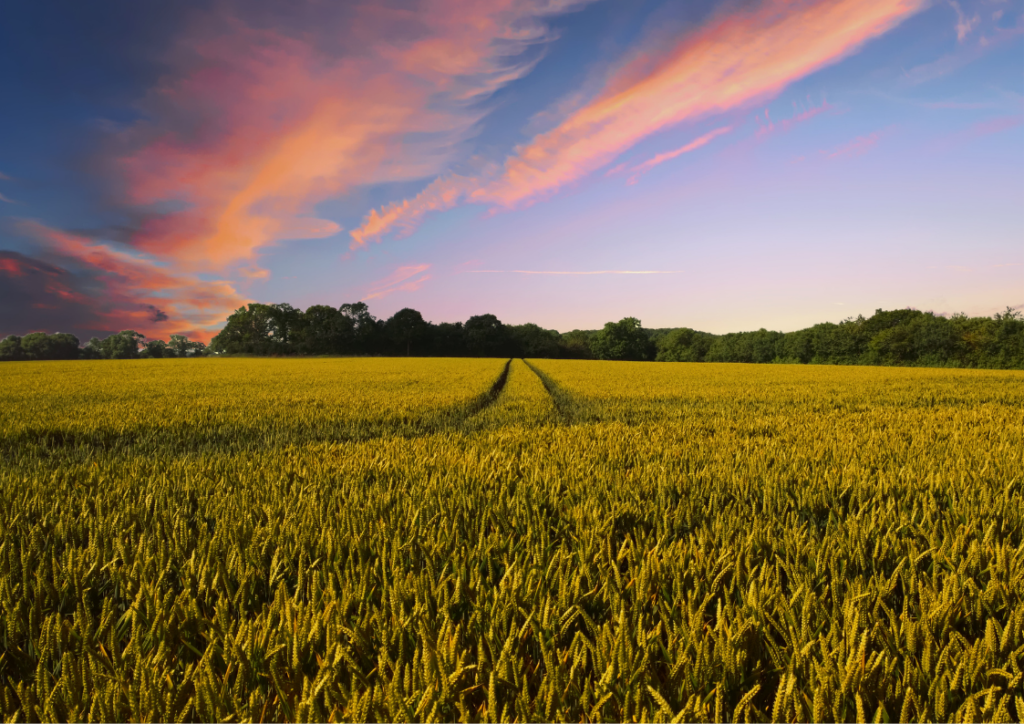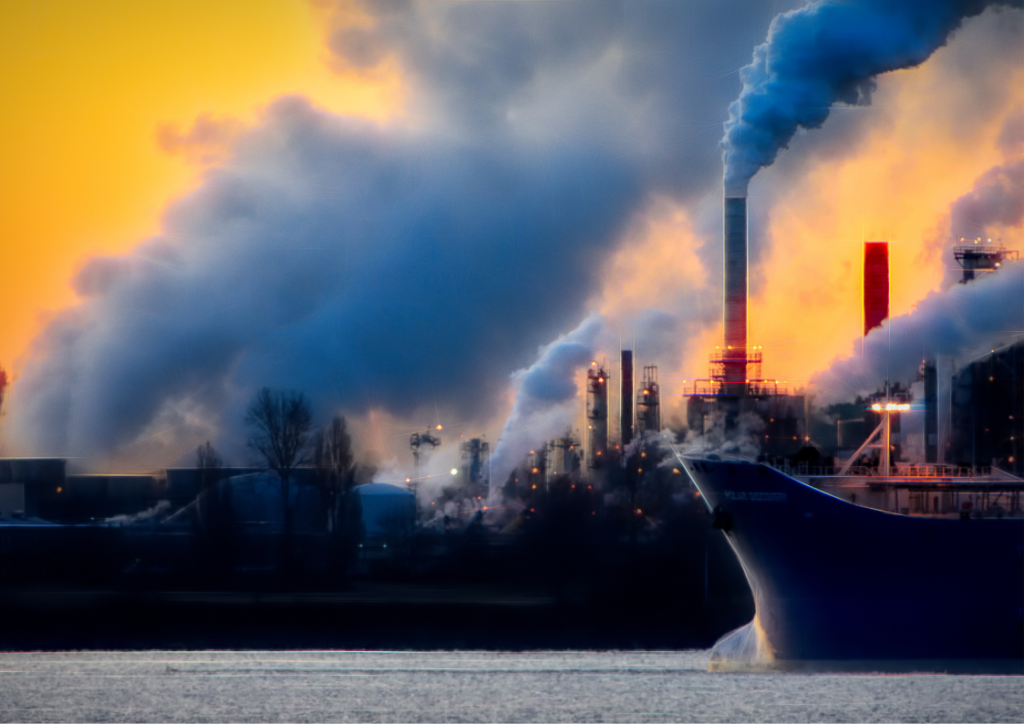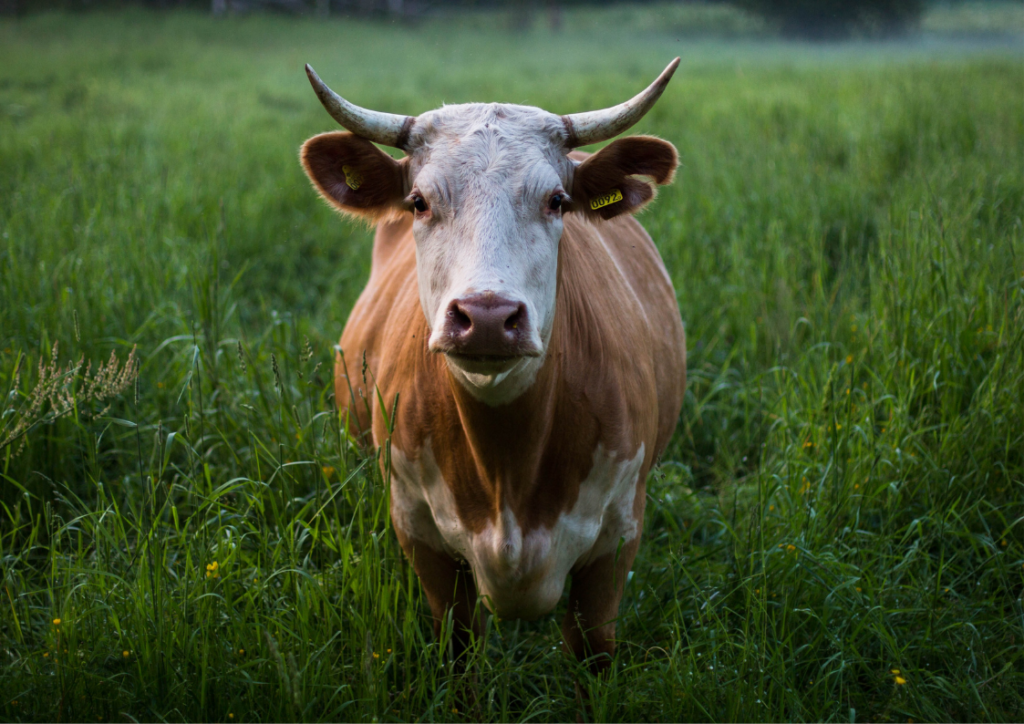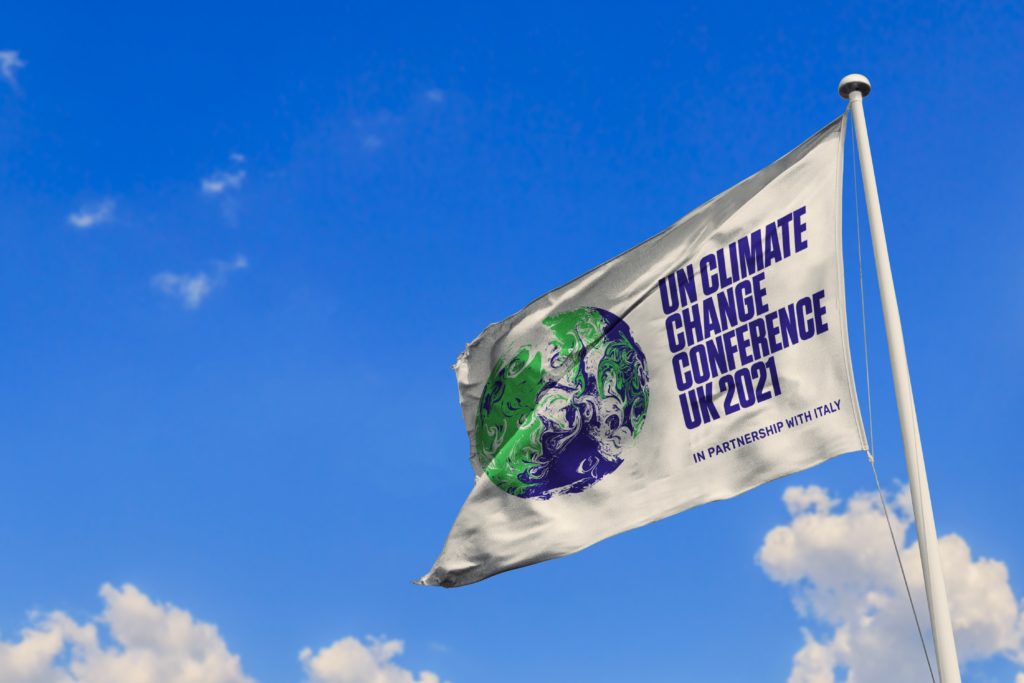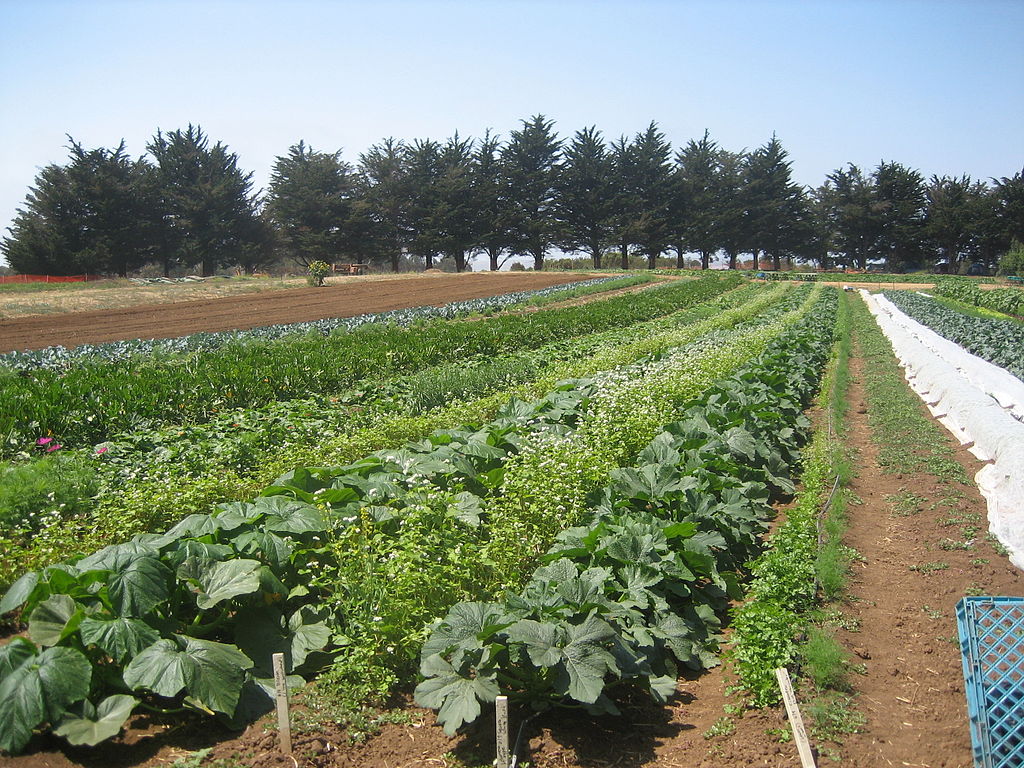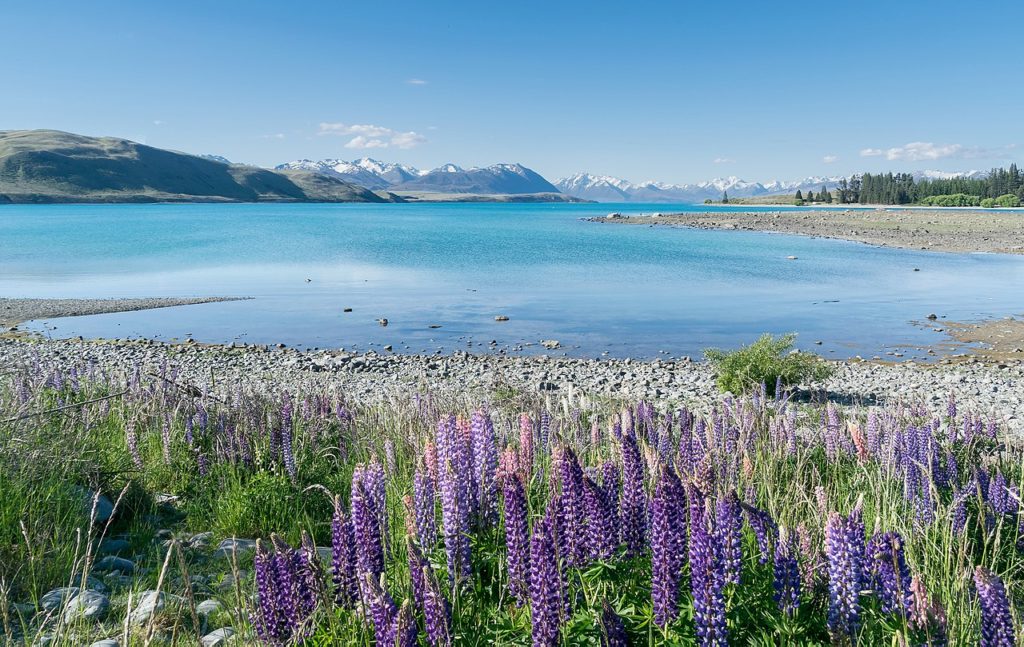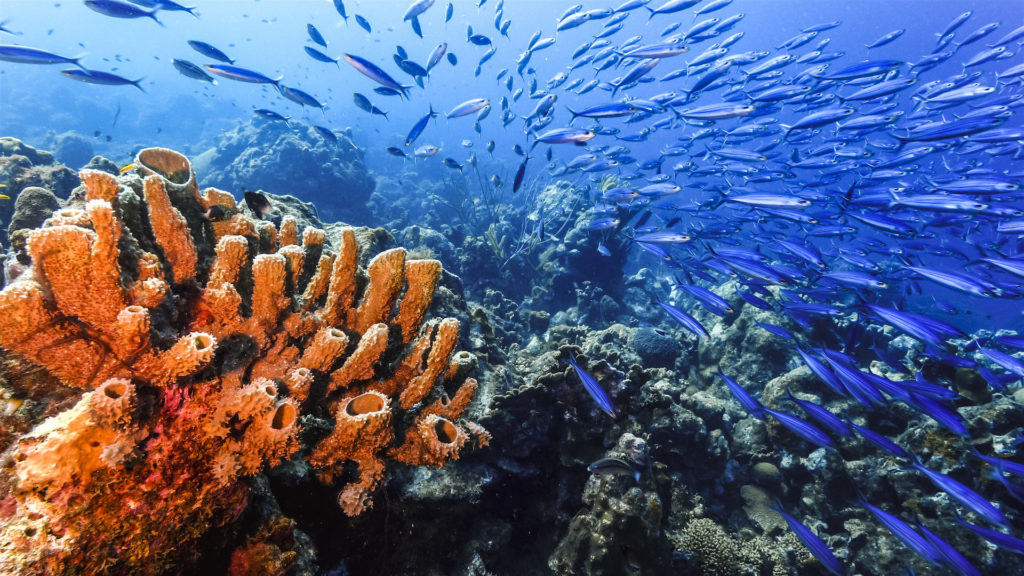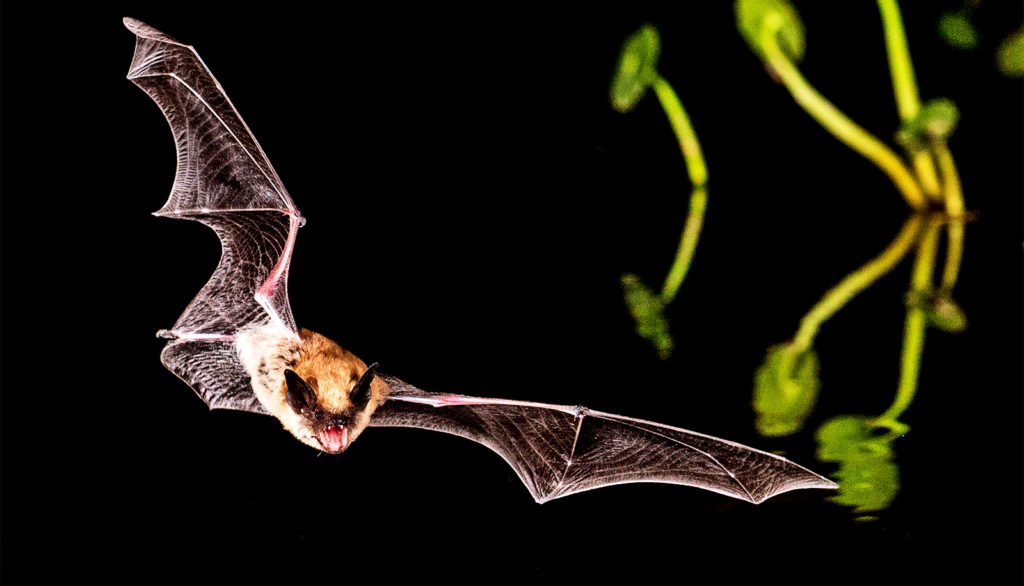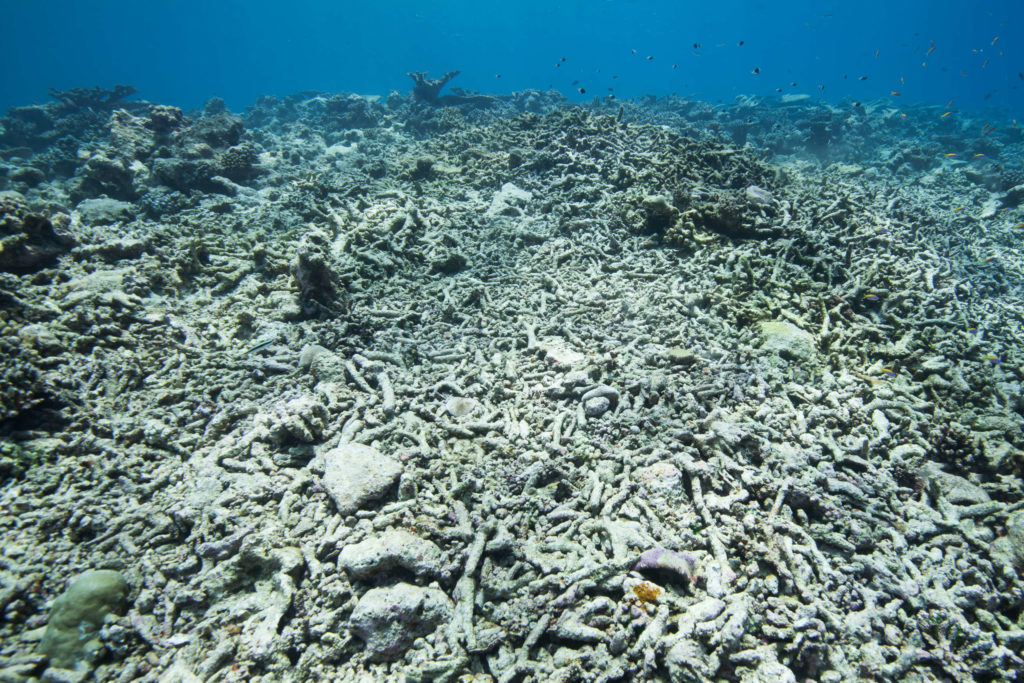February 28, 2024
The UN is proposing a ‘roadmap’ for food and farming to end hunger and slash greenhouse gas emissions. While the goals are commendable, are the shifts suggested by the FAO the real deal – or just pie in the sky? Here are five tests.
December 13, 2023
As COP28 closes, many may be coming away feeling deflated after the fights around fossil fuel phase out. But COP28 broke some ground on food systems and nature, which have both been edging closer to the centre of gravity at climate summits after decades on the sidelines.
November 7, 2023
The next round of climate targets, timetables and money agreed in 2025 must include food and nature.
July 24, 2023
This week’s headlines are a stark reminder of how precarious global food systems are. The United Nations released sobering statistics that 122 million more people are facing hunger since 2019, with the global total now topping 753 million. Meanwhile, the food industry has recorded billions in profits. Soaring heat, blazing wildfires, and devastating floods jeopardise harvests around the world. This is all compounded by the collapse of the Black Sea Grain Initiative—the deal that allowed Ukraine, a major grain producer, to keep exporting during the invasion.
December 16, 2022
The COP15 biodiversity summit can help mainstream and scale up action happening on the ground into our economy, urging companies, banks and investors to treat the destruction of nature as a serious liability and integrate nature into their spending and lending.
November 8, 2022
Livestock is one of the biggest contributors to human-made methane emissions. Recent debates on methane have focused on which metric is most appropriate and accurate to use when measuring emissions. However, the livestock sector and some high emitting nations have already made their minds up: they want to use something called GWP*.
November 7, 2022
COP27 is here. It comes after typhoons in the Philippines, heatwaves in Europe, drought in East Africa, and a global food price crisis. Millions are on the brink of famine and fires raged across continents. Farmers are crushed and our land exhausted.
October 26, 2022
Livestock burps contribute 25%–30% of global methane emissions. Some feed supplements to reduce emissions are already being sold as voluntary carbon credits, but scientific credibility, scalability and safety remain unclear.
September 15, 2022
After 3 failed attempts and 2 years later than planned the Convention on Biodiversity is finally going to be held in Montreal. But shockingly leaders are not invited!
September 9, 2022
A strong majority of Europeans think businesses are failing in their responsibility to protect the world’s forests and therefore support a new law to ban products that destroy them.
August 4, 2022
A new loan from the International Finance Corporation to agribusiness giant Louis Dreyfus Company will drive further environmental destruction in the Cerrado savanna, a biodiversity hotspot, and disenfranchise local and indigenous communities.
August 1, 2022
Sri Lanka’s political and economic crisis offers a stark example of what happens when debt-ridden governments enforce abrupt and unmanaged action in our food system to cut costs – without supporting a fair, inclusive transition to sustainable alternatives.
June 2, 2022
The global food price crisis is fuelling poverty, hunger and instability across the globe. The crisis – the third in 15 years – was triggered by the war in Ukraine but created by a broken food system that is overly dependent on fossil fuel fertilisers, overly concentrated on the production of a handful of commodities in a handful of countries, and overly dominated by a few powerful agri-food corporations.
May 18, 2022
The latest IPCC reports have made it clear – we need deep emissions cuts now. Whilst net-zero becomes mainstream, there’s concern that many targets lack the environment integrity to marry up to the Paris Agreement. Overuse of offsets is one aspect of net-zero facing criticism. Whilst corporate-led standard setters look to create some uniformity to carbon credit standards, the question remains – what should regulation look like and who should lead it?
March 30, 2022
There is a narrowing window of opportunity for us to cut greenhouse gas emissions and adapt to climate change to secure a liveable future, the Working Group II’s (WGII) contribution to the IPCC Sixth Assessment Report states.
March 30, 2022
The natural world is bearing the brunt of human-caused climate change, affecting nature’s services, the IPCC WGII’s contribution to the Sixth Assessment Report states.
March 29, 2022
Some of the world’s largest corporations are guilty of greenwashing, a new report found.
March 28, 2022
Livestock are increasing methane emissions in the atmosphere and contributing to global warming.
March 27, 2022
The 2021 United Nations Climate Change Conference (COP26) took place in Glasgow, Scotland, between the 31st October and the 12th November, 2021.
March 27, 2022
Agroecology is an approach to sustainable farming that aims to get the most out of the natural world without depleting and damaging these resources. It is the opposite of industrial agriculture. This is because it involves improving plant and soil quality while farming, rather than using harmful chemicals.
March 26, 2022
Banks and other financial institutions have funded activities that have led to biodiversity loss and deforestation. However, with the right incentives from the government, the finance sector can play an important role in supporting sustainable investment.
March 25, 2022
Biodiversity refers to animals, insects, plants, fungi and microorganisms – including bacteria and viruses.
March 24, 2022
There is a risk that we are entering a new age of pandemics.
March 24, 2022
The impact of climate change on biodiversity cannot be understated. Increasing levels of carbon dioxide (CO2) and other greenhouse gases in the atmosphere and oceans are affecting biodiversity profoundly.
March 24, 2022
We often consider the loss of biodiversity and climate change to be separate issues. But, they are not. The two subjects interconnect and fuel each other. The conservation and careful management of biodiversity is essential to the fight against climate change and should not be neglected.
